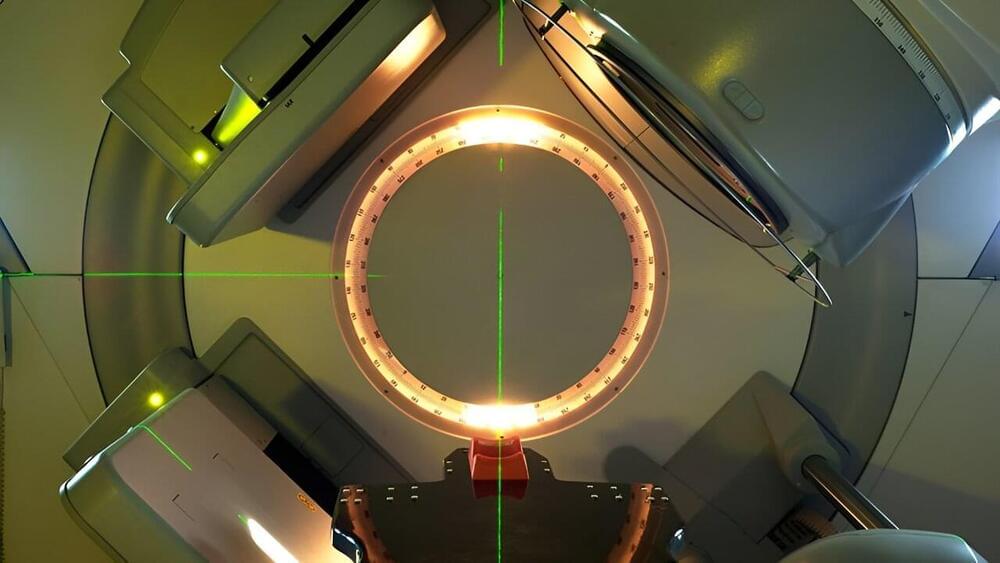Some OpenAI clients are seeking alternatives since the drama unfolded with the ousting of CEO Sam Altman.


Craig Walker is the founder and CEO of cloud communications software company Dialpad, which was most recently valued at $2.2 billion.

As the dust still settles on OpenAI’s latest drama, a letter has surfaced from several staff researchers citing concerns about an AI superintelligence model under development that could potentially pose a threat to humanity, according to those close to the source. The previously undisclosed letter is understood to be the real reason behind why Sam Altman was fired from the company.
The model, known internally as Project Q*, could represent a major breakthrough in the company’s pursuit of artificial general intelligence (AGI) – a highly autonomous branch of AI superintelligence capable of cumulative learning and outperforming humans in most tasks. And you were worried about ChatGPT taking all our jobs?
With Sam Altman now firmly back at the company and a new OpenAI board in place, here are all of the details of Project Q*, as well as the potential implications of AGI in the bigger picture.

Link : https://trib.al/DwqJQ8E
Researchers in Texas have developed a method to keep a brain alive and functioning for several hours without being connected to the body — a truly weird scientific experiment that recalls the head in jars bit in the iconic cartoon “Futurama.”
A team led by the University of Texas Southwestern Medical Center in Dallas took two pigs and severed connections between their heads and bodies, instead hooking the brains up to a device they call the extracorporeal pulsatile circulatory control (EPCC), which they detailed in a paper published in the journal Scientific Reports. The machine keeps blood pumping through the brain, mimicking the natural flow when it’s connected to the rest of the body.
The intent behind this nightmarish procedure was to study the brain independently from other bodily functions that may influence it, but the system may also lead to better-designed cardiopulmonary bypass, a process in which machines take over your heart and lung function during surgery.
Gravity Industries founder Richard Browning has released an interesting video on TikTok showing off a new gun harness for the company’s innovative Daedalus jetpack.
In the video, the pilot, presumably Browning, can be seen aiming a pair of pistols using head-tracking technology and firing them remotely using a trigger. Possibly inspired by the shoulder cannon from the Predator franchise, the shoulder-mounted guns are designed to help protect the pilot during kinetic engagements.

A research team from the Hefei Institutes of Physical Science of the Chinese Academy of Sciences (CAS) has developed an analysis service platform called CRISPRimmunity, which was an interactive web server for identifying important molecular events related to CRISPR and regulators of genome editing systems. The study is published in Nucleic Acids Research.
The new CRISPRimmunity platform was designed for integrated analysis and prediction of CRISPR-Cas and anti-CRISPR systems. It includes customized databases with annotations for known anti-CRISPR proteins, anti-CRISPR-associated proteins, class II CRISPR-Cas systems, CRISPR array types, HTH structural domains and mobile genetic elements. These resources allow the study of molecular events in the co-evolution of CRISPR-Cas and anti-CRISPR systems.
To improve prediction accuracy, the researchers used strategies such as homology analysis, association analysis and self-targeting in prophage regions to predict anti-CRISPR proteins. When tested on data from 99 experimentally validated Acrs and 676 non-Acrs, CRISPRimmunity achieved an accuracy of 0.997 for anti-CRISPR protein prediction.

Phase III trial results on a precision radiotherapy technique support a “new gold standard” for treating head and neck cancer patients. The research suggests the new approach can reduce the risk of swallowing problems after radiotherapy, without impacting the success of treatment.
The Dysphagia-Aspiration Related Structures (DARS) trial compared dysphagia-optimized intensity-modulated radiotherapy (DO-IMRT) with standard IMRT.
DO-IMRT optimizes IMRT to reduce the risk of swallowing difficulties, known as dysphagia. This common side effect of radiotherapy for head and neck cancer can, in some cases, leave patients needing a permanent feeding tube. DO-IMRT lowers the risk of dysphagia by reducing radiation to the pharyngeal muscles, which support swallowing.
A mystery that has dogged materials science for 200 years has finally been solved. A mineral found in many ancient rock formations had stubbornly resisted the efforts of scientists to grow it in the lab, even though they could recreate the conditions they thought formed it in nature. Now, a team has cracked the problem, figuring out how to speedily grow dolomite crystals for the very first time.
Dolomite is a mineral so important, there’s a whole mountain range named after it. As well as these peaks in the Italian Alps, dolomite is abundant in the White Cliffs of Dover, the hoodoos of Utah, and other rocks dating back more than 100 million years. It actually accounts for almost 30 percent of minerals of its type – carbonates – in the Earth’s crust, but it’s notably absent in rocks that formed more recently.
Despite trying to carefully recreate its natural growing conditions, scientists have failed for two centuries to produce dolomite crystals in the lab. To solve the mystery, they had to get back to basics.

As connectivity continues to expand and the number of devices on a network with it, IoT’s ambition of creating a world of connected things grows. Yet, with pros, comes the cons, and the flip side of this is the growing security challenges that come with it too.
Security has been a perennial concern for IoT since it’s utilisation beyond its use for basic functions like tallying the stock levels of a soda machine. However, for something of such interest to the industry, plans for standardisation remain allusive. Instead, piece meal plans to ensure different elements of security, like zero trust for identity and access management for devices on a network, or network segmentation for containing breaches, are undertaken by different companies according to their needs.
Yet with the advancement of technology, things like quantum computing pose a risk to classic cryptography methods which, among other things, ensures data privacy is secure when being transferred from device to device or even to the Cloud.
